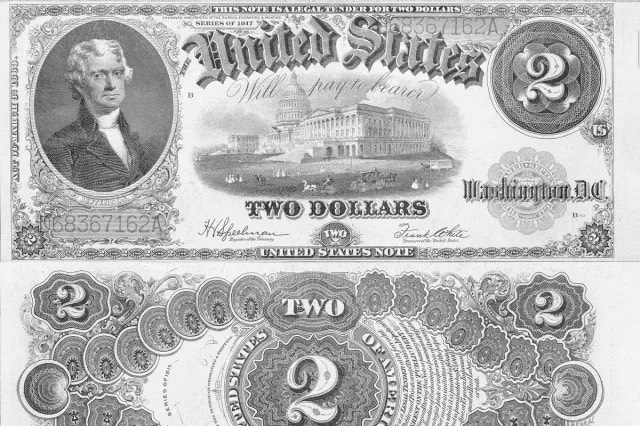
Queen Victoria ruled Britain from 1837 until she died in 1901, marking a reign that spanned 63 years and 216 days. This was the longest reign of any British monarch until Queen Elizabeth II surpassed it. The Victorian era, named after her, was a time of great change as the British Empire expanded into a global industrial powerhouse.
This era was shaped by the Industrial Revolution, which had started in the previous century and transformed many aspects of life. New advancements in arts, sciences, and industry became the norm, with groundbreaking ideas like Charles Darwin’s theory of evolution emerging during this time. Additionally, there were significant social and political reforms, with people moving from rural areas to cities in search of work. This urbanization led to improvements in education and living standards, fueling even more innovation.
Victorians were known for their inventiveness, with many of their creations having a lasting impact around the world. However, not every invention was a success. Some of the more unusual ideas, such as the ventilating top hat, the anti-garroting cravat, and reversible trousers, were short-lived. Despite these quirky failures, the era gave birth to innovations that laid the foundation for modern society, many of which are still in use today. Among the most notable are the telephone and the electric light bulb.
The invention of the telephone is often attributed to Alexander Graham Bell, a Scottish-born inventor. However, controversy surrounds the true origins of the device, as American engineer Elisha Gray also filed a patent for the telephone on the same day as Bell, February 14, 1876. Despite this, Bell’s application was processed first, and he was awarded the patent on March 7, 1876. Just a few days later, Bell made the first-ever telephone call, famously summoning his assistant, Thomas Watson, with the words, “Mr. Watson, come here. I want you.”
Bell had been living in Boston since 1871, but his roots were in Britain, where he had received his education and began his early experiments with sound. In August 1877, Bell and his wife Mabel toured Britain, promoting the telephone during what was intended to be their honeymoon. He even demonstrated the device to Queen Victoria, who was so fascinated that she requested the temporary setup be left in place.






More Stories
Counselor or Teacher: Which Career Path Is Right for You?
The UNCF Empower Me Tour Visited LA to Provide Scholarships & College Admission To HBCUs To Local Students
Award-Winning Compton College Dance Team: Where Rhythm Meets Excellence